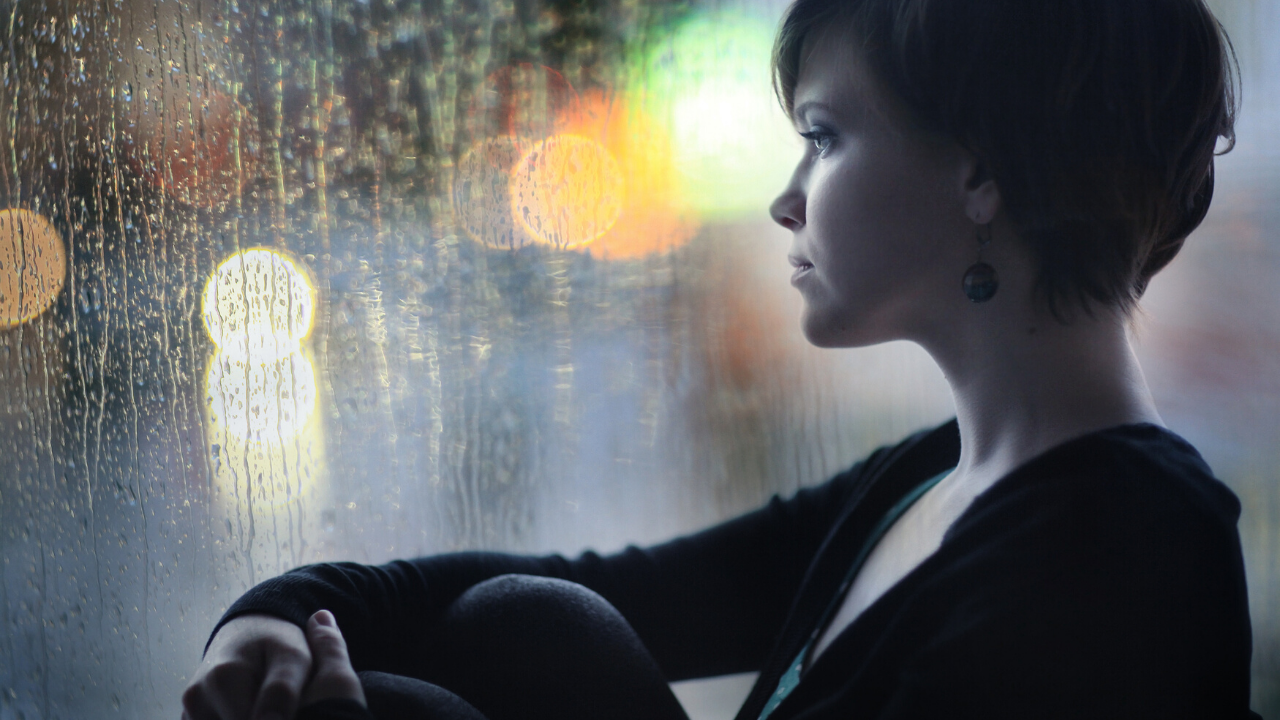Loving the Hurting and Unseen in Uncertain Times

by Rachel Schultz
No doubt we have all felt the weight of this unique season. We are all learning new
vernacular like “quarantine,” “social distancing,” “shelter at home orders,” and
“global pandemic.” We are all carrying a slew of emotions, worries, and new
realities. I’ve grown weary of looking at the walls of my house wondering if I should
slap some new color on them. And while I sit pondering my HGTV makeover, when I
pause to glance outside myself for a moment… I see the hurting, the marginalized,
the lonely, and the unseen.
Fred Rogers sang, “What do you do with the mad that you feel
When you feel so mad you could bite? When the whole wide world seems oh, so
wrong... And nothing you do seems very right?” What timely words for us in this
season. If I’m honest, I often let the mad I feel cause me to go inward and live with a
mindset of self-preservation. Sometimes I can find myself paralyzed in the sadness
of it all. The hurt I feel is real and valid, yet the call of God on His People is to let that
hurt move us toward Him and the hurting.
Part of my work reality is spending time with single moms and families living in
poverty at our neighborhood school. I sent a text this morning to a single mom who
lost her job, is raising two boys alone, and is scared about the possibility of losing
her home. Another mom expressed how stressful it has been with her husband
losing most of his income and they have seven children at home. A friend who is
Asian American has stopped going to the grocery store for fear of verbal attacks and
accusations simply because of her ethnicity. A conversation with the assistant
principal at our elementary school revealed handfuls of kids who have yet to even
be heard from and her worry that they are not being well cared for.
These are the hurting. These are our neighbors.
How do we begin to see when we are confined to the four walls of our house? The
truth is we will be unable to see if we do not know. And we cannot know without
risk, initiative, and humility. Will I risk not simply knowing their names but
engaging in their story? Will I take the initiative to look around me and enter the
places I once avoided? And will I enter those places and relationships with a
posture of humility, seeking to learn and know?
What I have seen as I have talked with the hurting is that they long to know that
they are not alone and that someone is in their corner. They want someone to listen
to understand and not fix. They are longing for kinship. Kinship says, “I am with
you like I’m with family.” It is a call to walk in their shoes and offer empathy. I can
offer my authentic self, sharing my sadness and grief all the while giving space for
theirs. And when this season of isolation ends, will I commit to ongoing kinship with
the hurting? These moms I interact with have shared the gift of having someone
validate their struggle and commit to the “long game” of walking with them without
a predetermined timeframe.
If ever there was a season to experience kinship and find common ground with the
marginalized and hurting it is now. We all have something in common – a pandemic
has entered the scene and changed our realities. Talk about it, laugh and cry
together, discover ways your stories intersect and be with them in it. Jesus’ strategy
was one of eating with the outcast. He intentionally positioned himself to be in the
midst of the hurting. How might we do the same even under quarantine?
Something as simple as a text to let them know you are thinking of them, a jar of
flowers on their front door, a note of encouragement, or a bag of food can open the
door to a beautiful ongoing relationship of care and compassion. Regardless of the
practicality of how this could look, pursue people with the intent of being with them.
And, as we walk in wisdom and wait for the right time, we can tell a better story of
how God is meeting us in the hurt. Author James Gilligan writes that the self cannot
survive without love, and the self, starved of love, dies. We have been loved
extravagantly and therefore have an abundance of love to offer. When the doors of
society reopen, how beautiful it could be to not let that be the beginning of loving the
unseen, but a deeper continuation of what began within the walls of confinement.
Rachel Schultz is on staff with Cru City, a ministry committed to partnering with others
to work for the good of the city. She is passionate about helping the needy in her
neighborhood schools, coaching professional women in our city, and getting her hands
muddy in the pottery studio. She lives in Fort Collins with her husband Brian and her
two daughters.



